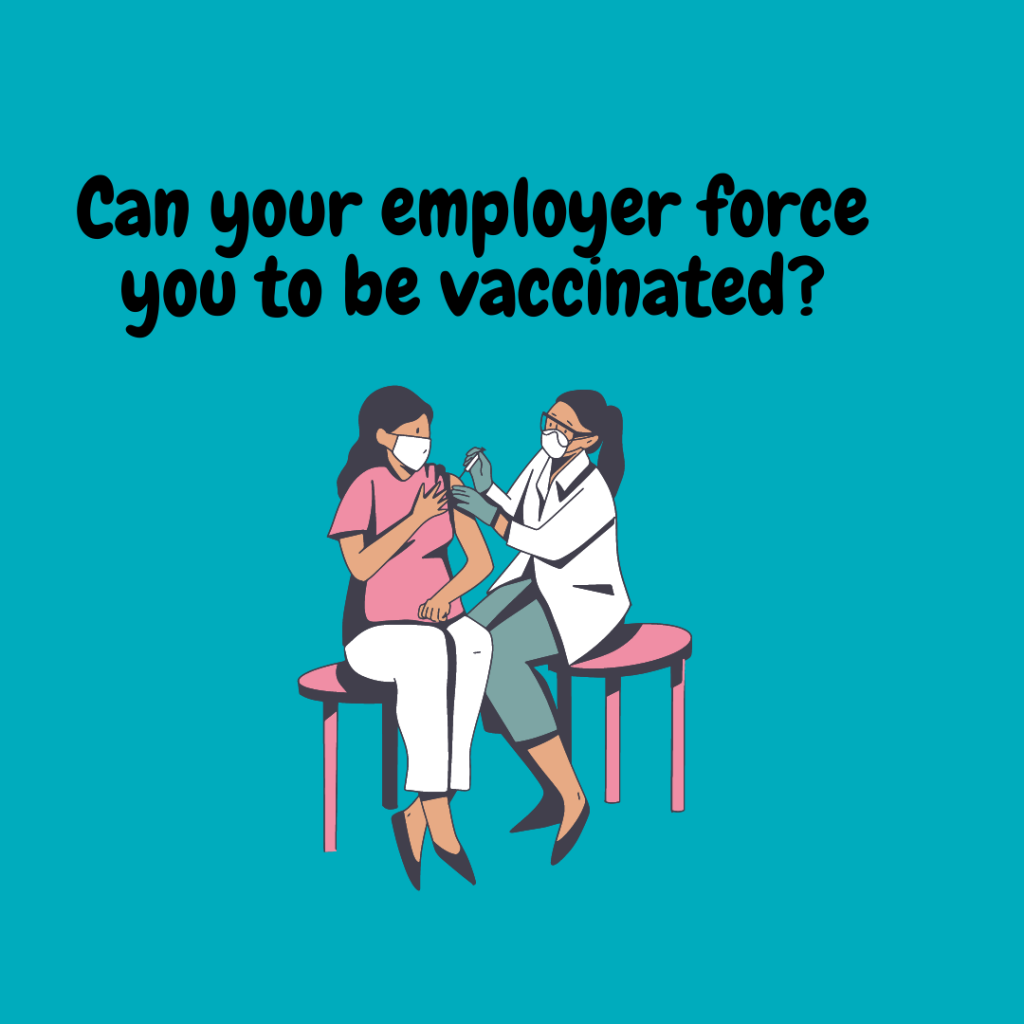
What is Unfair Dismissal?
You are protected from unfair dismissal if you have been dismissed and you have worked for a business for at least six months. For a small business, which is defined as anyone who employs fewer than 15, it’s 12 months.
If you earn money under the high income threshold, which is $148,700, or you are covered by an award or enterprise agreement, then you are protected from unfair dismissal.
The only way that an employer can rely on COVID-19 as an exception or defence to an unfair dismissal is if it is a case of genuine redundancy. A case of genuine redundancy is if the job you are doing is no longer required to be performed. More importantly, if an award or agreement applies to your employment, your employer must consult you about the redundancy.
You can check out the blog relating to whether you are covered by an award or an enterprise agreement here. It’s not true that just because you think you’re not covered by an award or you’re paid over an award salary, that an award doesn’t apply to your job.
Your job may be covered by an award based on the industry that your employer is in, and whether or not your job functions are covered by the classifications outlined by an industry board.
The Duty to Consult
Finding out whether an award or an enterprise agreement applies to your job is important because these awards or agreements usually contain a duty to consult provision. This means that when your employer reaches a point where they’ve considered terminating your employment as a result of COVID-19, and they have to make you redundant, they have a duty to consult with you about how that’s going to affect your job.
They have a duty to hear from you, hear your response and genuinely consider your response before they act on the dismissal of your employment. The federal courts and Fair Work Commission take this duty seriously. The duty to consult is not a mere administrative step. Employers can’t consult after they have already made the decision.
If an employer fails to consult with you, then they are breaching your award or your enterprise agreement. There are civil penalties for employers who fail to consult. As an employee, you have up to six years to start an application. That means after the coronavirus pandemic is cover, you might be able to take action against them for compensation for their failure to consult.
Warning Signs of Unfair Dismissal
If your employment has been dismissed because of COVID-19, you should look out for these warning signs. These include:
- Failure to consult with you.
- Not considering alternatives to your employment being terminated.
- No suggestion of reducing hours or to a job share arrangement
- No suggestion of a period of unpaid stand down period or unpaid leave
- They didn’t consider you taking your annual leave.
Next Steps
If you think you have been unfairly dismissed from your job, we encourage you to use our eligibility questionnaire to check if you’ve got an unfair dismissal case. You have only 21 days from the date that the dismissal was effective to lodge an application with the Fair Work Commission.
You can use our DIY unfair dismissal process to help put together an application for unfair dismissal. If you need urgent legal advice about your situation, book an appointment with us today.




